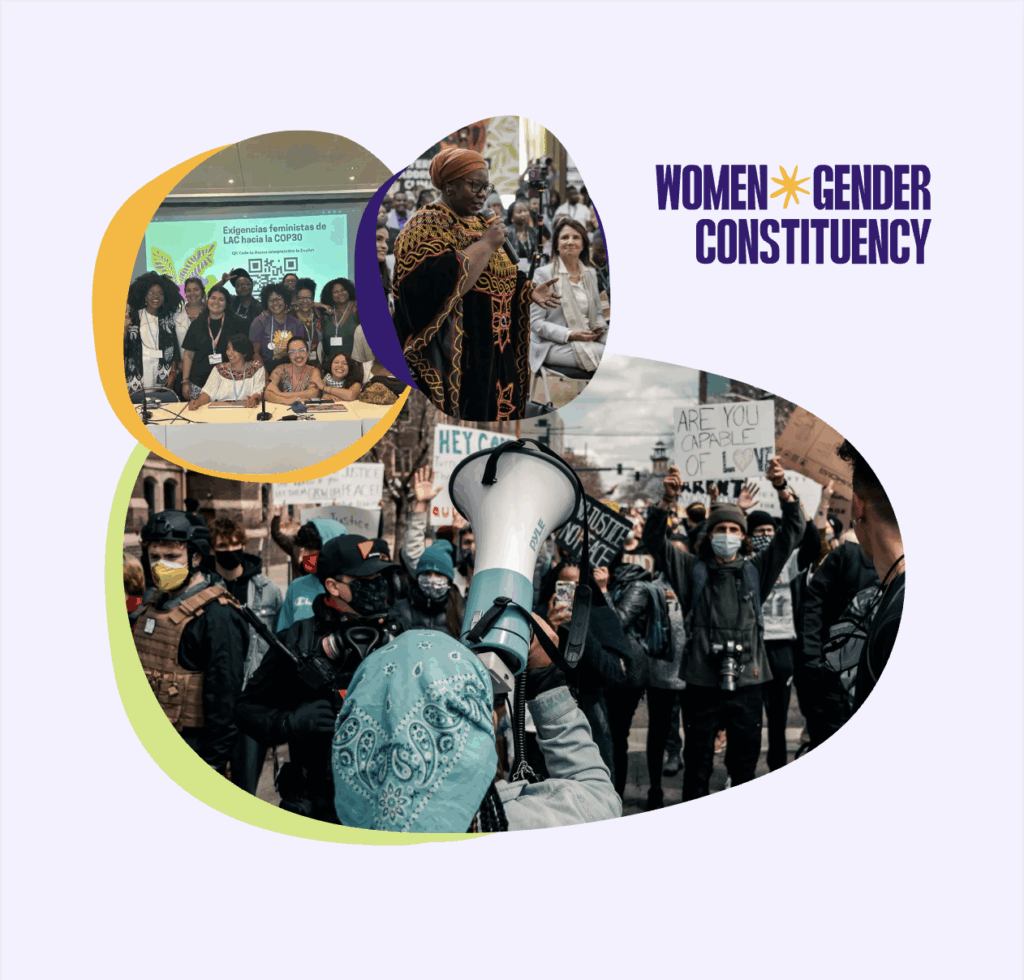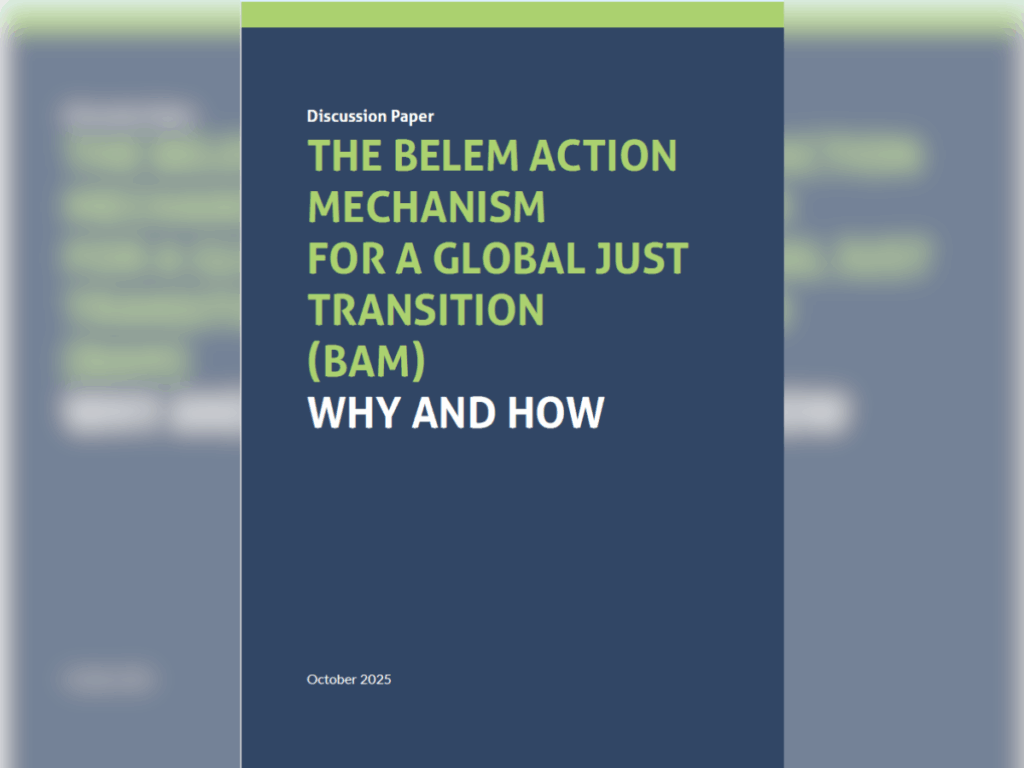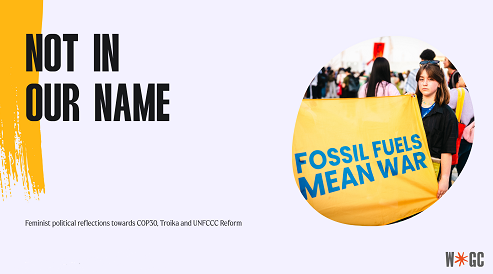
Issue Brief: Article 6 of the Paris Agreement

Background
Article 6 of the Paris Agreement refers to voluntary international cooperation to implement NDCs and to allow for higher ambition in their mitigation and adaptation actions as well as to promote sustainable development. It establishes three options for cooperation: i) Internationally transferred mitigation outcomes (ITMOs) which are based on a market-based instrument and carbon trading (Art 6.2), ii) the Sustainable Development Mechanism (Art 6.4) and iii) Non-market approaches (Art 6.8). The overall idea of market-based instruments is to put a price on greenhouse gas (GHG) emissions to internalize their impact into production and consumption, following the polluter-pays principle. The neoliberal assumption is that a carbon price provides an economic signal to emitters and allows them to decide to either transform their activities and lower their emissions or continue emitting and paying for their emissions.
The overall global emission reduction goal is supposedly achieved in the most flexible and lowest-cost way to society, instead of dictating who should reduce emissions where and how (cf. World Bank definition). The trust and belief in a self-regulating market however has not only failed to achieve real shifts in emissions reductions so far, but it also does not guarantee the deep and significant emission reduction pathways necessary to forgo catastrophic climate change as outlined in the IPCC report on 1.5°C. Ambitious pre-defined mitigation goals (i.e. ambitious NDCs that meet the 1.5°C goal) as well as predefined minimum prices for GHG are basic conditions to enable functioning market instruments.

